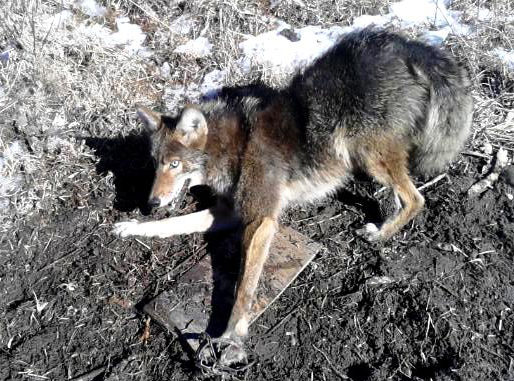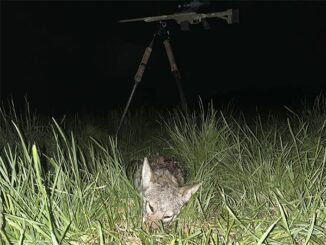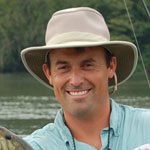
Historically, coyotes were not part of the ecosystem in the Carolinas. Before 1985, only five of North Carolina’s 100 counties had coyotes. Today, every county in both Carolinas has a thriving population of coyotes, with declines in deer populations reported. According to the S.C. Department of Natural Resources, the state’s deer population has declined by 30 percent since 2002, and much of it is attributed to the coyote invasion.
In the Carolinas, female deer begin dropping their fawns in May and will continue through June. For their first few hours and sometimes days, fawns will be very susceptible to predation, even though their mothers will stay within hearing distance. Most does will stay away from their fawns right after dropping to draw any predator away from them.
Newborn fawns emit fewer odors than adults, which helps them hide from predators, but coyotes’ ultra-keen sense of smell makes young fawns vulnerable to predation. With the population explosion of coyotes in the Carolinas over the past decade, recruitment of deer into the population has been extremely risky.
Even though the fur bearer trapping season closed in March, there is no closed season on coyotes, and special depredation permits are offered to trap. However, no live coyotes can be transported off the property outside of the normal trapping season that runs from November through March.
May is the critical time to start taking coyotes out of the population if hunters and trappers are not already participating in eradication efforts on their hunting properties. With most coyote litters ranging from five to seven pups, the level of depredation on deer and other native wildlife can become epic if these canines are not exterminated as soon as they arrive in this world. Don’ let these pests take out this year’s fawns. Kill a coyote today!





Be the first to comment